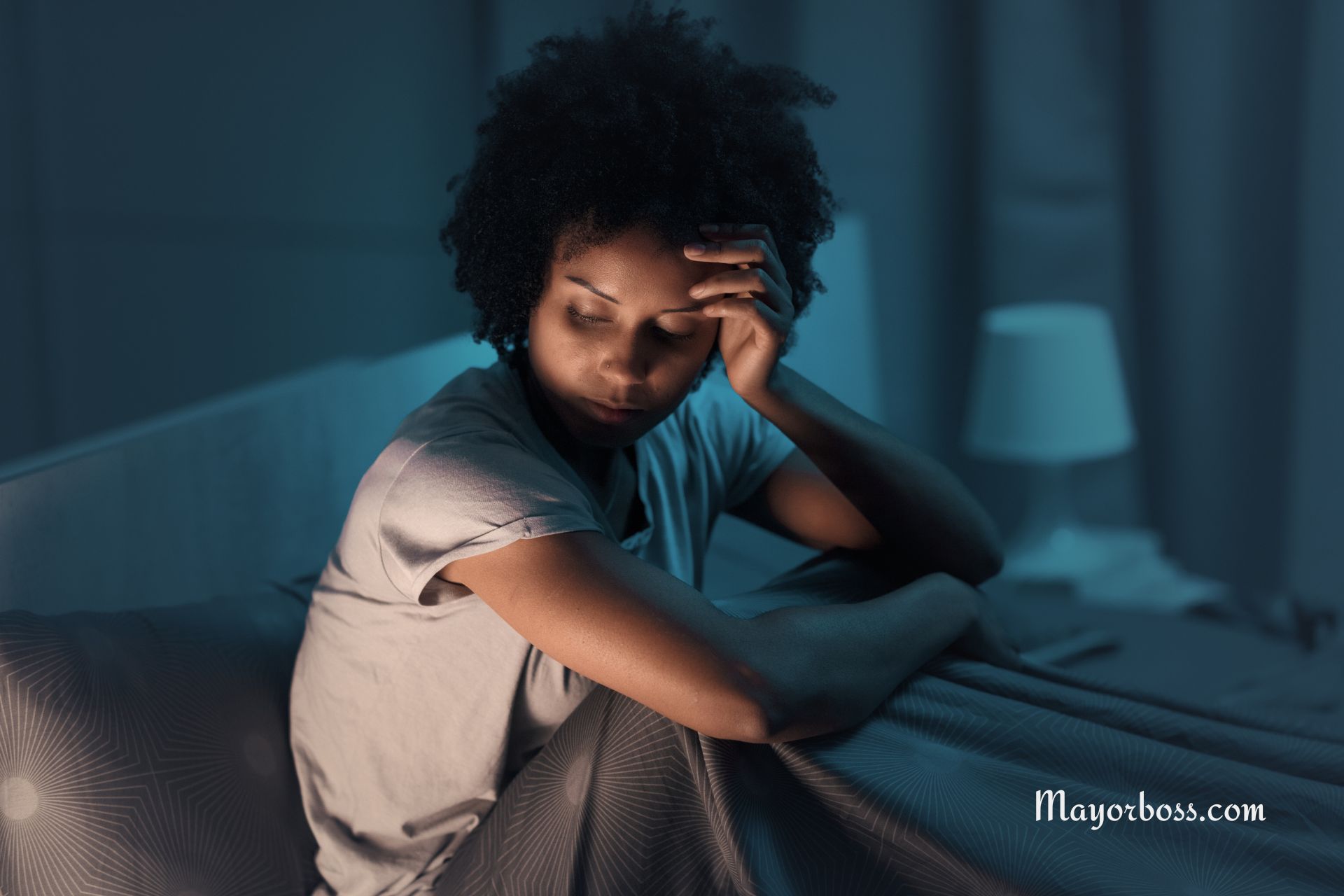Here’s Why You Should Never Get Up To Pee In The Middle Of The Night
It may seem harmless to wake up at night and use the bathroom, but this can keep you from getting deep, restful sleep. Your body repairs itself and balances hormones when you sleep. If you get up to pee, you move from a deep sleep to an alert state, making it harder to fall back to sleep. This change can leave you groggy, raise your blood pressure, and reduce the quality of your rest. Over time, these late-night wake-ups can harm your health and daily activities.

How Interrupted Sleep Hurts Your Health
Your body needs long, steady periods of sleep. During sleep, you go through several stages, each with its own benefits. Deep sleep helps your body repair tissues, and REM sleep supports memory and learning. Getting up to urinate cuts into these important stages.
When you lose deep sleep, your immune system can weaken. You might feel tired or have cloudy thinking the next day. If you miss out on sleep night after night, your chances of having high blood pressure, obesity, and heart disease can go up. By not getting out of bed to use the bathroom, you can let your body finish its repair work and wake up with more energy.
Common Reasons for Nighttime Urination
The medical term for needing to pee at night is nocturia. Sometimes it happens because you drank too much fluid before bed. Drinks like coffee, tea, or alcohol in the evening can make your body produce more urine. You might also have an overactive bladder that tightens too often.
Some health problems can lead to more urine at night, like diabetes, heart failure, or kidney issues. Older adults may have hormone changes that cause them to make more fluid while they sleep. Some medications, especially diuretics used for high blood pressure, can also raise urine output.
Problems Caused by Frequent Nighttime Urination
Getting up often at night can break your sleep cycle, making you feel drowsy and unsteady. If your room is dark or you are half-asleep, you could trip or fall, which might cause serious injuries.
These bathroom trips also keep you in lighter stages of sleep. You might struggle to fall back into a deep sleep, so you end up feeling groggy and less focused the next day. That’s why many health experts advise limiting how often you wake up at night.
Ways to Cut Down on Nighttime Urination
Drink Less Before Bed
Reduce how much you drink in the last two or three hours of your evening. If you’re thirsty, sip a small amount of water instead of drinking a lot.
Avoid Diuretic Drinks
Beverages like coffee, tea, and alcohol increase urine production. Skip them in the late afternoon and evening to lower the chances of needing the bathroom at night.
Use the Bathroom Before Sleep
Make it a habit to empty your bladder right before bedtime. This can help you go longer without feeling the need to get up.
Keep Track of Your Bathroom Trips
If you think your bladder is overly active, make a note of what you drink and when you go to the bathroom. This record can help you and your healthcare provider see patterns.
Strengthen Pelvic Muscles
Kegel exercises can help your pelvic muscles hold urine better. This may lower your urge to get up at night or deal with leaks.
Create a Calm Bedroom
Keep your bedroom cool, dark, and quiet. Relaxing activities, like gentle stretches or deep breathing, can also help you fall asleep and stay asleep.
When to See a Doctor
If you wake up from sleep more often to pee every night, consider talking with your health care provider. Conditions like diabetes or heart problems may cause you to make extra urine. Your doctor can check for these issues. If you already take medication for blood pressure or other conditions, your doctor might change the timing of your pills so they don’t disrupt your rest.
Repeated nighttime urination can also be a sign of a bladder infection, overactive bladder, or an enlarged prostate in men. Getting these conditions diagnosed and treated can help you avoid bigger health problems.
Takeaway
Waking up to pee at night can seem small, but it affects the quality of your sleep. Good sleep is vital for a healthy body and mind. Taking steps like drinking less before bed and avoiding certain beverages can help. If you still wake up often to use the bathroom, talk with a doctor to find the cause and get the right treatment.
